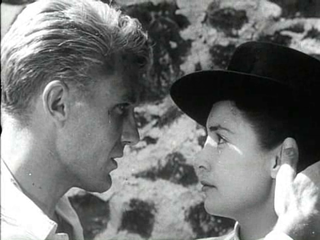A Quote by Georges Canguilhem
Either philosophy reinforces communal beliefs, in which case it is pointless; or else it is at odds with those beliefs, in which case it is dangerous.
Related Quotes
There are many beliefs that we have seen as truth in Western civilization for hundreds of years. We live according to these "truths" and as a result manifesting a life using those beliefs, which can be very self-destructive. So these beliefs will affect decisions in economics and politics and everything else that we do. One myth-perception is our continued emphasis of a Newtonian materialistic world, which by definition emphasizes the primacy of matter and somewhat ignores or minimizes the influence of the immaterial part of the universe.
If you can do one thing you thought was utterly impossible, it causes you to rethink your beliefs. Life is both subtler and more complex than some of us like to believe. So if you haven't done so already, review your beliefs and decide which ones you might change now and what you would change those beliefs to.
What we take ourselves to be doing when we think about what is the case or how we should act is something that cannot be reconciled with a reductive naturalism, for reasons distinct from those that entail the irreducibility of consciousness. It is not merely the subjectivity of thought but its capacity to transcend subjectivity and to discover what is objectively the case that presents a problem....Thought and reasoning are correct or incorrect in virtue of something independent of the thinker's beliefs, and even independent of the community of thinkers to which he belongs. (p. 71)
I find it hard to understand why those who demand Unitary Education by the State do not also demand a Unitary Press by the State... Either the State is infallible, in which case we could not do better than to submit to it the entire domain of intelligent thought, or it is not, in which case it is no more rational to hand over education to it than the press.
Every decision in your life is controlled by your beliefs and values. You may not realize it, but you have the power to choose what you believe about your life, people, money and health. You can either choose beliefs that limit you, or beliefs that empower you to move toward success. Your beliefs energize you to create the world you want to live in right now. The key is to be aware of them because what you value determines what you focus on.







































